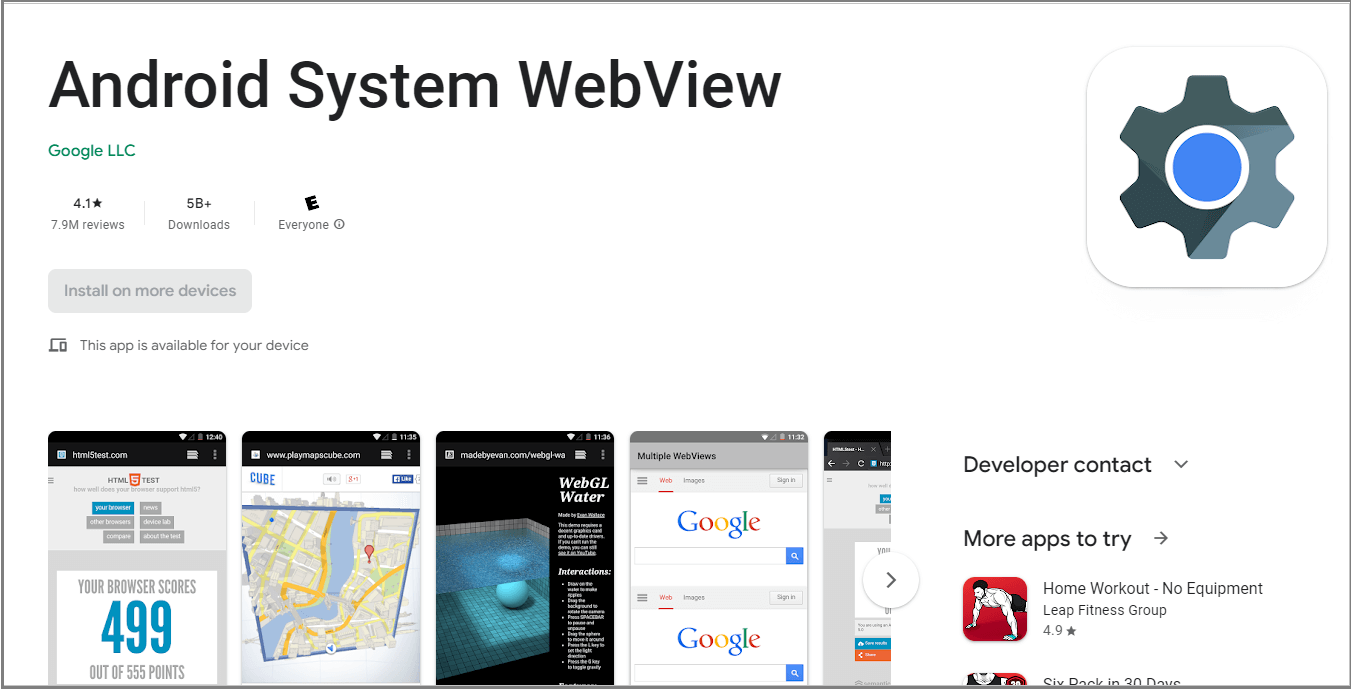In 1946, there were an estimated 9 million AM car radios in use. By the late 1930s, push button AM radios were considered a standard feature. Power door locks were introduced on the luxury Scripps-Booth in 1914, but were not common on luxury cars until Packard reintroduced them in 1956. Nearly every car model today offers this feature as at least optional equipment. The "resume" feature has to be used each time after selecting the new gear and releasing the clutch. Blaupunkt GmbH (listenⓘ) was a German manufacturer, producing mostly car-audio gear and other electronic equipment. The scheme proposed by Fiat is defined as "parallel hybrid": the petrol engine is connected to the differential with a 1:1 direct gear ratio, without gearbox, instead of the clutch there was an 8-inch torque converter followed by the transmission shaft on which the rotor of the electric motor is keyed, the latter powered by a 12-batteries pack. Audi, BMW, Volvo, and Tesla had already started to not offer the AM band on their entertainment systems, specifically on their electric vehicles. In Britain, Leeds introduced Europe's first overhead electric service (Roundhay Electric Tramway) on 29 October 1891, though strictly speaking, it did not officially open to passengers until the following month.
Southern Pacific (now part of Union Pacific) continues to operate freight service utilizing former PE right-of-way. An automotive navigation system is part of the automobile controls or a third party add-on used to find direction in an automobile. Many vehicle manufacturers offer a satellite navigation device as an option in their vehicles. In the 2010s, internet radio, satellite radio, streaming, and podcasting came into competition with AM/FM radio. In 2023, several automobile manufacturers, including Ford Motor Company, announced plans to discontinue offering the AM radio band in new vehicles, starting with the 2024 model year. By this time some models were offering 5.1 surround sound. Pioneer introduced the CDX-1, the first car CD (compact disc) player, in 1984. It was known for its improved sound quality, instant track skipping, and the format's increased durability over cassette tapes. The same loudspeakers may also be used to minimize road and engine noise with active noise control, or they may be used to augment engine sounds, for example, making a small engine sound bigger. What Does a Car or Truck’s Engine Computer Do? The vehicle's front roadwheels were powered by a 2.3-litre five-cylinder petrol engine with an output of 100 kilowatts (136 PS; 134 bhp).
 The Vitz received its facelift on 21 April 2014. The F, U and Jewela models received the updated front fascia that was only marketed in Japan, while the RS model shares the front fascia with the facelifted Yaris in export markets, but with different headlamps and tail lamps (also marketed as the Yaris ZR in Australia). While certain colors are customarily used by different services, often other colors are optionally used, such as amber and white. Further adding to the convenience, some cars' engines with remote keyless ignition systems can be started by the push of a button on the key fob (useful in cold weather), and convertible tops can be raised and lowered from outside the vehicle while it's parked. The previous announcement had several lawmakers introduce bipartisan legislation to require that automobile manufactures include the AM band on their audio/entertainment systems. The increased sophistication of the vehicle audio system to accommodate such media has made the audio unit a common target of car break-ins, so these are equipped with anti-theft systems too.
The Vitz received its facelift on 21 April 2014. The F, U and Jewela models received the updated front fascia that was only marketed in Japan, while the RS model shares the front fascia with the facelifted Yaris in export markets, but with different headlamps and tail lamps (also marketed as the Yaris ZR in Australia). While certain colors are customarily used by different services, often other colors are optionally used, such as amber and white. Further adding to the convenience, some cars' engines with remote keyless ignition systems can be started by the push of a button on the key fob (useful in cold weather), and convertible tops can be raised and lowered from outside the vehicle while it's parked. The previous announcement had several lawmakers introduce bipartisan legislation to require that automobile manufactures include the AM band on their audio/entertainment systems. The increased sophistication of the vehicle audio system to accommodate such media has made the audio unit a common target of car break-ins, so these are equipped with anti-theft systems too.
The Honda system was the first production system to provide automatic braking. Attempts at providing mobile play from media were first made with vinyl records, beginning in the 1950s. The first such player was offered by Chrysler as an option on 1956 Chrysler, Desoto, Dodge, and Plymouth cars. In 1924, Kelly's Motors in NSW, Australia, installed its first car radio. In 1933, Crossley Motors offered a factory fitted car radio for £35. In 1968, a dashboard car radio with a built-in cassette tape player was introduced by Philips. In 1962, Muntz introduced the Wayfarer 4-track cartridge tape player. In 1963, Becker introduced the Monte Carlo, a tubeless solid state radio with no vacuum tubes. A technical challenge was that the vacuum tubes in the radio receivers required 50 to 250 volt direct current, but car batteries ran at 6V. Voltage was stepped up with a vibrator that provided a pulsating DC which could be converted to a higher voltage with a transformer, rectified, and filtered to create higher-voltage DC. Chrysler Corporation had decided to discontinue its all-transistor car radio option at the end of 1956, due to it being too expensive, and replaced it with a cheaper hybrid (transistors and low voltage vacuum tubes) car radio for its new 1957 car models.
Comments
Post a Comment